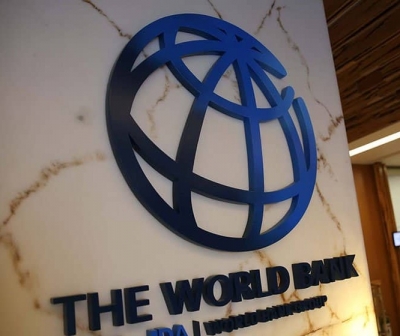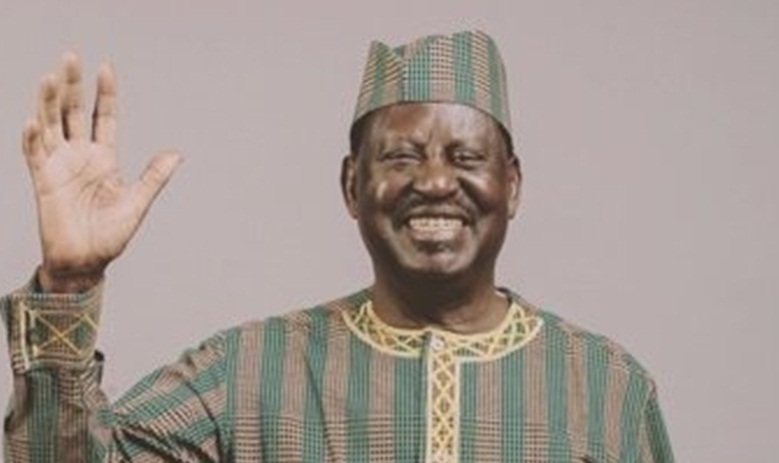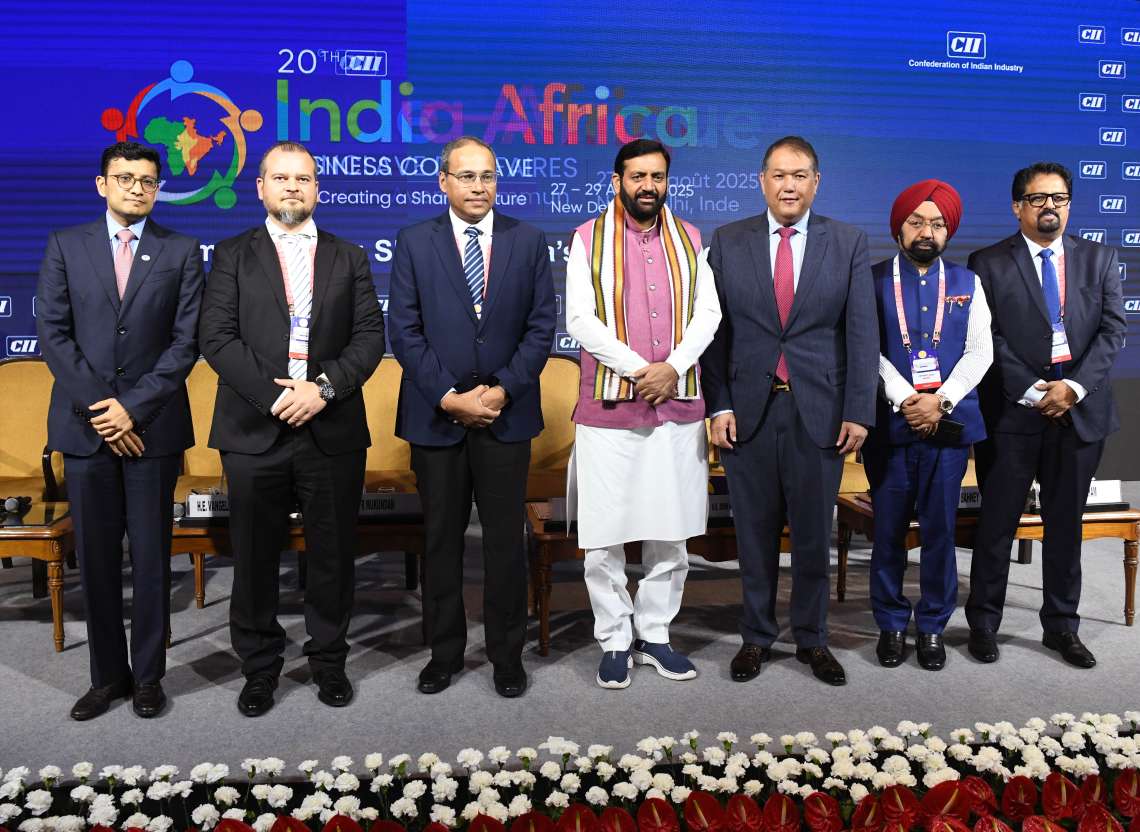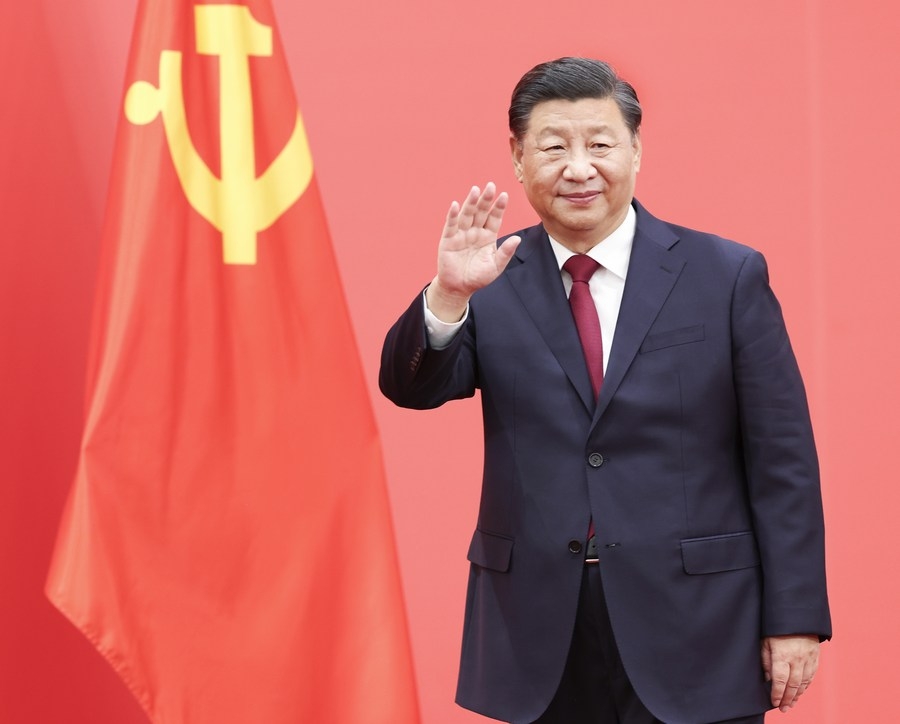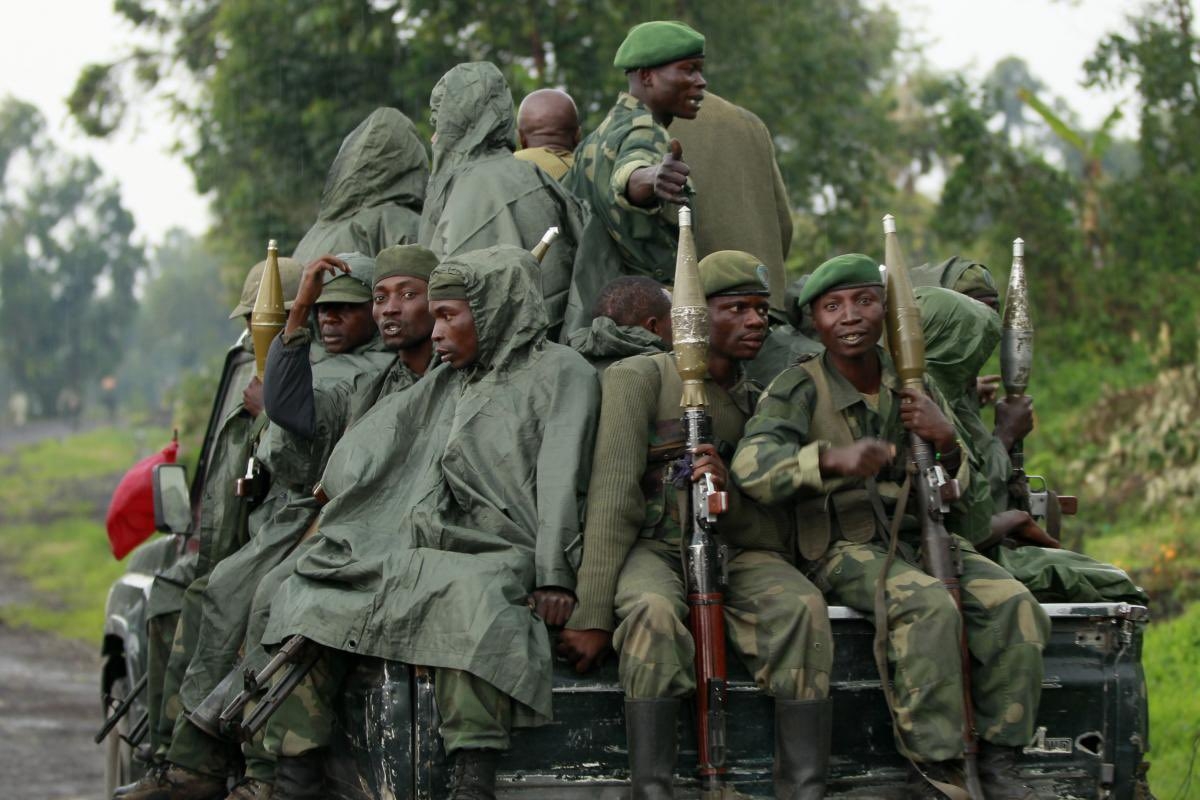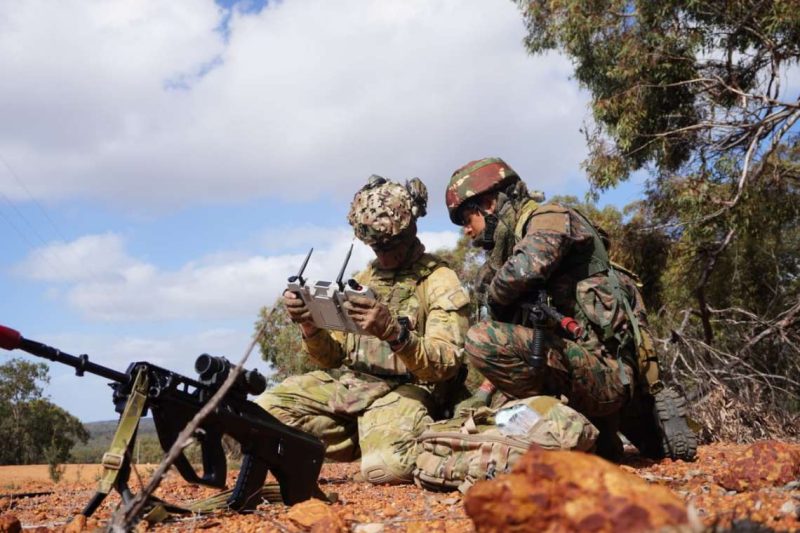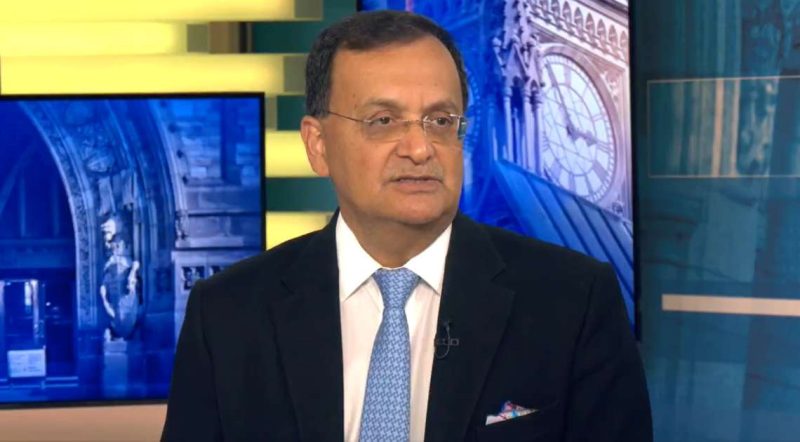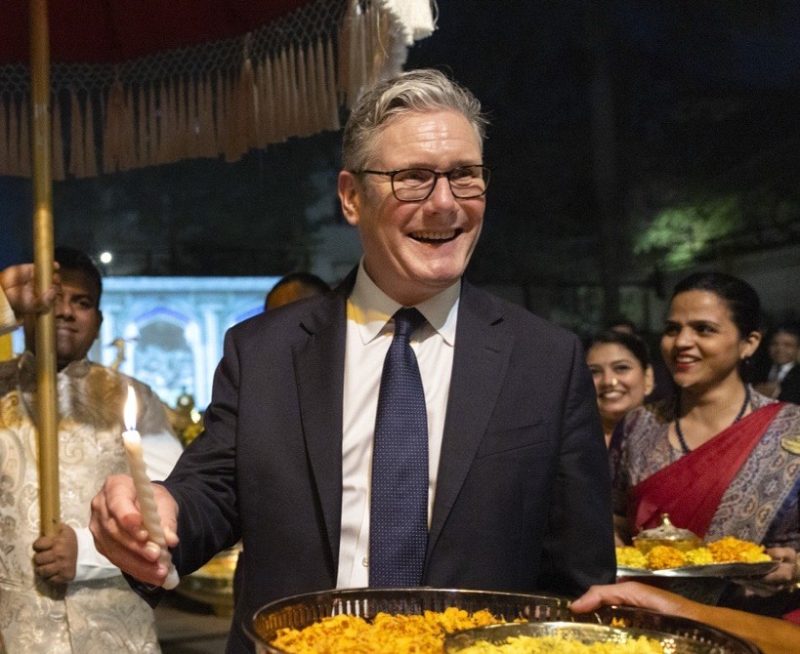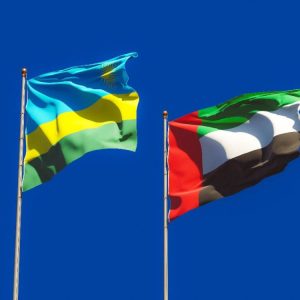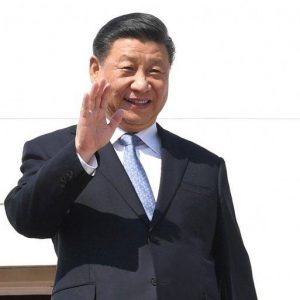The report says debt distress risks remain high, with 22 countries in the region at high risk of external debt distress or in debt distress as of December 2022…reports Asian Lite News
The World Bank has projected economic growth in sub-Saharan Africa to slow to 3.1 per cent in 2023 from 3.6 per cent in 2022.
According to the World Bank’s April 2023 economic update for sub-Saharan Africa released on Wednesday, growth across the region remains sluggish, dragged down by uncertainty in the global economy, the underperformance of the continent’s largest economies, high inflation, and a sharp deceleration of investment growth.
The report says the African governments must sharpen their focus on macroeconomic stability, domestic revenue mobilisation, debt reduction, and productive investments to reduce extreme poverty and boost shared prosperity in the medium-to-long term amid dampened growth prospects and rising debt levels.
World Bank Chief Economist for Africa Andrew Dabalen said weak growth combined with debt vulnerabilities and dismal investment growth risks a lost decade in poverty reduction.
“Policymakers need to redouble efforts to curb inflation, boost domestic resource mobilisation, and enact pro-growth reforms while continuing to help the poorest households cope with the rising costs of living,” Dabalen added.
According to the report, economic activity in South Africa is set to weaken further in 2023 (0.5 per cent annual growth) as the energy crisis deepens, while the growth recovery in Nigeria for 2023 (2.8 per cent) is still fragile as oil production remains subdued.
The World Bank said the real GDP growth of the western and central Africa subregion is estimated to decline to 3.4 per cent in 2023 from 3.7 per cent in 2022, while that of eastern and southern Africa declines to 3 per cent in 2023 from 3.5 per cent in 2022.
The report says debt distress risks remain high, with 22 countries in the region at high risk of external debt distress or in debt distress as of December 2022.
“Unfavourable global financial conditions have increased borrowing costs and debt service costs in Africa, diverting money from badly needed development investments and threatening macro-fiscal stability,” it notes.
According to the report, despite these challenges, many countries in the region are showing resilience amid multiple crises.
These include Kenya, Cote d’Ivoire, and Congo, which grew at 5.2 per cent, 6.7 per cent, and 8.6 per cent, respectively, in 2022.
It notes that in Congo, the mining sector was the main driver of growth due to an expansion in capacity and recovery in global demand.
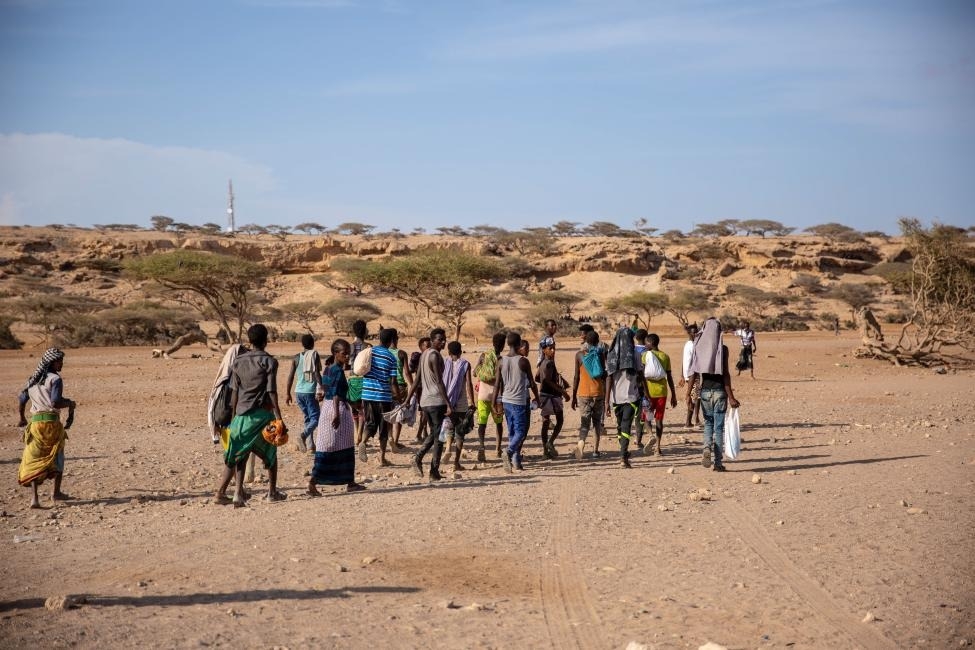
The report reveals that harnessing natural resource wealth provides an opportunity to improve the fiscal and debt sustainability of African countries, but cautions that this can only happen if countries get policies right and learn the lessons from the past boom and bust cycles.
The World Bank said high inflation and low investment growth continue to constrain African economies.
“While headline inflation appears to have peaked in the past year, inflation is set to remain high at 7.5 per cent for 2023, and above central bank target bands for most countries,” the report says.
It notes that investment growth in sub-Saharan Africa fell from 6.8 per cent in 2010-13 to 1.6 per cent in 2021, with a sharper slowdown in eastern and southern Africa than in western and central Africa.
ALSO READ-World Bank: Sri Lanka’s economy to contract by 4.3%


